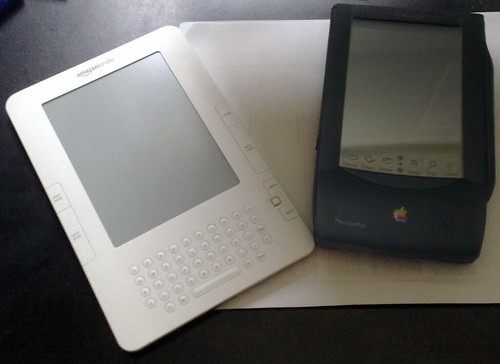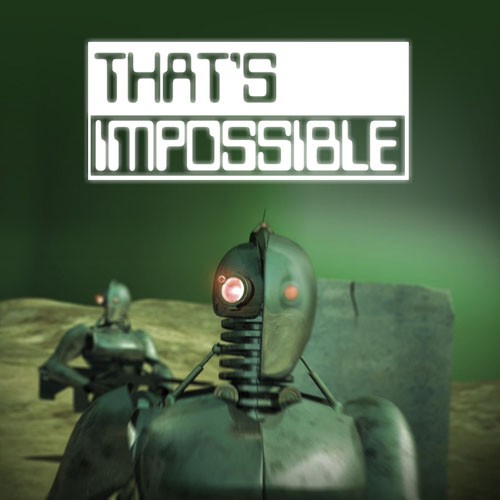Warren Ellis:
Clay Shirky’s line about how anything that ships without a mouse is broken — that’s her [his daughter's] generation. (I still think he was just one foot behind the time — I understand he was working from an anecdote, but I can’t help thinking the word he should have used is "touchscreen.")
Yes. This.
 I've had the Amazon Kindle 2 for a few months now (that's it on the left in the picture, next to my ancient Newton MessagePad), and it's been a great device for the far-too-abundant travel I've been doing lately. Much of that travel has been overseas, and since the Kindle isn't available outside of the US
I've had the Amazon Kindle 2 for a few months now (that's it on the left in the picture, next to my ancient Newton MessagePad), and it's been a great device for the far-too-abundant travel I've been doing lately. Much of that travel has been overseas, and since the Kindle isn't available outside of the US (and Canada, I think), I've been running into a lot of people who are curious and want to check it out.
And what's the first thing they try to do?
They try to "turn the page" by flicking a finger across the screen. But the Kindle doesn't have a touch screen. The "e-paper" display it uses is easy to read (at least in good lighting) and extremely low-power, but it is not touch sensitive. Which means that the second thing that people checking out my Kindle do is get a funny confused look -- why doesn't it work? -- before having that moment of realization that this device doesn't have that seemingly obvious functionality. That it's "broken."
What's particularly notable here is that the vast majority of people who have gone through this "Ooh! Oh." experience aren't teens or young adults; they're people across a wide range of ages, including people who are older than I am.
A handheld device's screen should be touch-sensitive. It took us awhile to figure that out, requiring a smart user interface team (at Apple, in this case) to turn the annoying (stylus-based touch screens are usability insults) into the obvious. But now that the kinetic-memetics have taken root, anything that works otherwise is incomplete.
Or, for all intents and purposes, broken.





